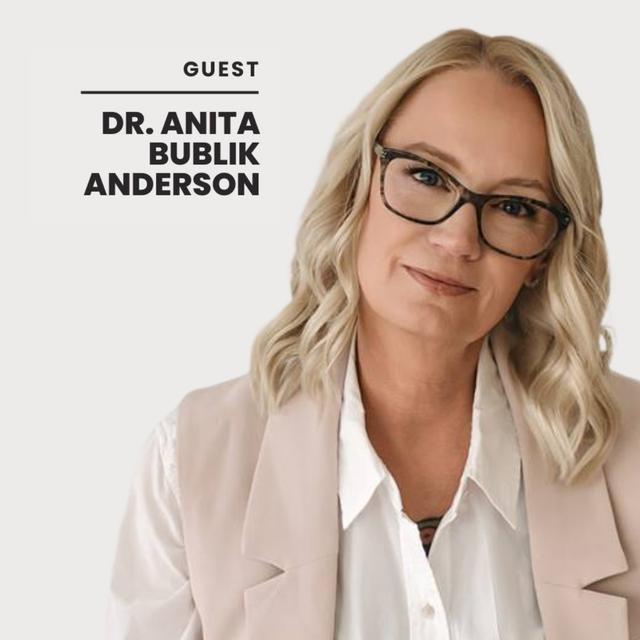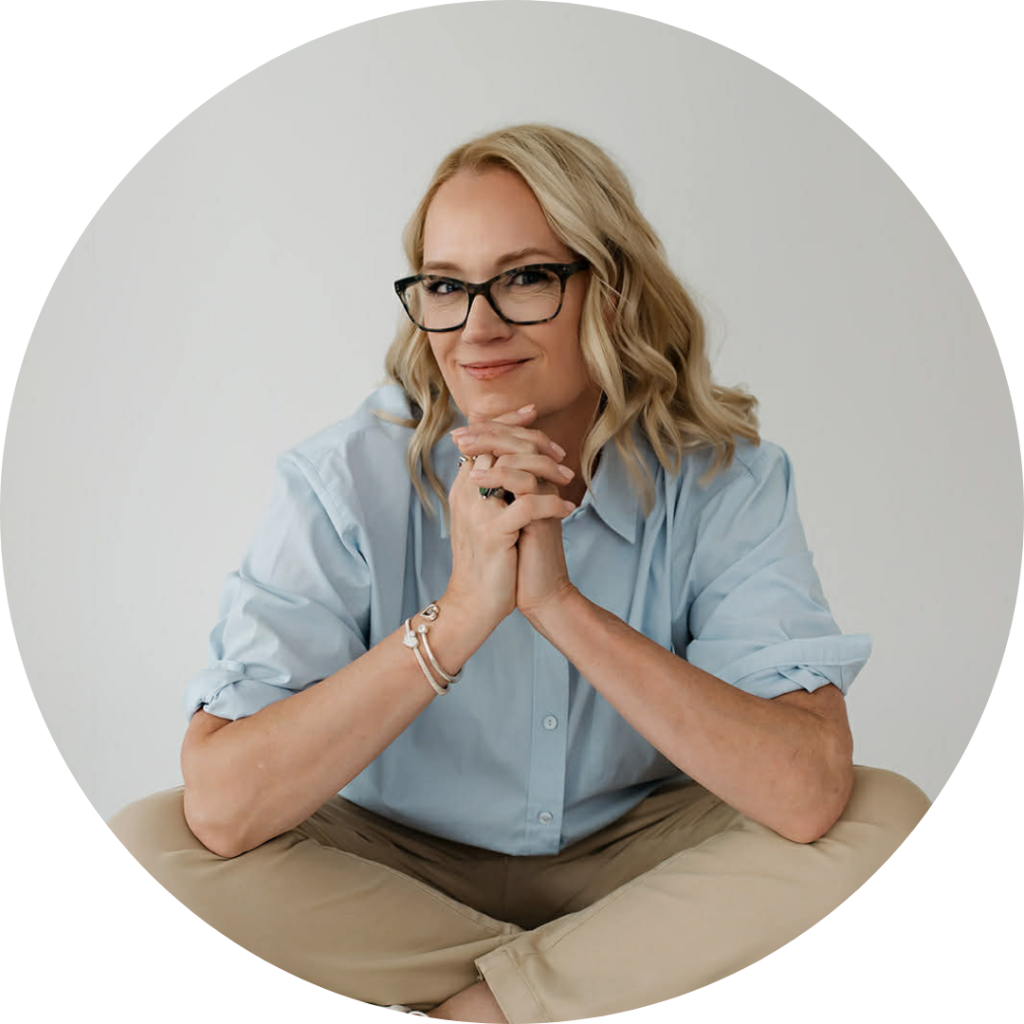kristin lyerly show

From Breast Cancer Survivor to Menopause Champion
Guests:
Sat Oct 25, 2025
44:02
Dr. Anita Bublik-Anderson on Reclaiming Women’s Healthcare
This episode is for every woman who has felt dismissed.
Women have been told to suffer through menopause in silence for far too long. But physicians like Dr. Anita Bublik-Anderson are saying enough is enough.

This week, I sit down with Dr. Bublik-Anderson, a colleague, breast cancer survivor, and the force behind a new groundbreaking menopause and sexual health clinic opening in Wausau. She’s filling a critical gap in care that has left countless women struggling without answers, without support, and without hope.
The statistics are staggering: only 31% of OB/GYN residency programs include menopause curriculum. Just 2,500 specialists serve 1.3 million women entering menopause each year. One in three women are misdiagnosed, and 60% find their doctor’s advice unhelpful. This isn’t just a care gap—it’s a crisis.
We talk about why this is happening. How medical education has failed women. How the politicization of medicine has created barriers to evidence-based care. How ageism and sexism intersect to dismiss women’s health concerns as they age. And how the shame and stigma around menopause have kept women suffering in silence when they should be getting comprehensive medical attention.
But this conversation is also about hope and action. From Capitol Hill to Hollywood, advocates are rising up. Halle Berry—who was misdiagnosed with herpes when she was actually experiencing perimenopause—has become a powerful voice for change. Physicians like Dr. Bublik-Anderson and me are opening clinics, educating patients, and demanding that our medical system do better. And legislators including Rep. Robyn Vining and Sen. Dianne Hesselbein right here in Wisconsin have introduced a bill to ensure that women have the information they need to live their best lives.
During Breast Cancer Awareness Month, Dr. Bublik-Anderson also shares her personal journey as a breast cancer survivor and addresses the unique challenges cancer survivors face navigating menopause—from treatment-induced symptoms to the complexity of hormone therapy decisions.
This episode is for every woman who has felt dismissed, every patient who couldn’t get answers, every person who believes that half the population deserves better than a medical system that has historically ignored and underfunded their care. It’s time to break the silence. It’s time to demand better. It’s time to reclaim women’s health.
